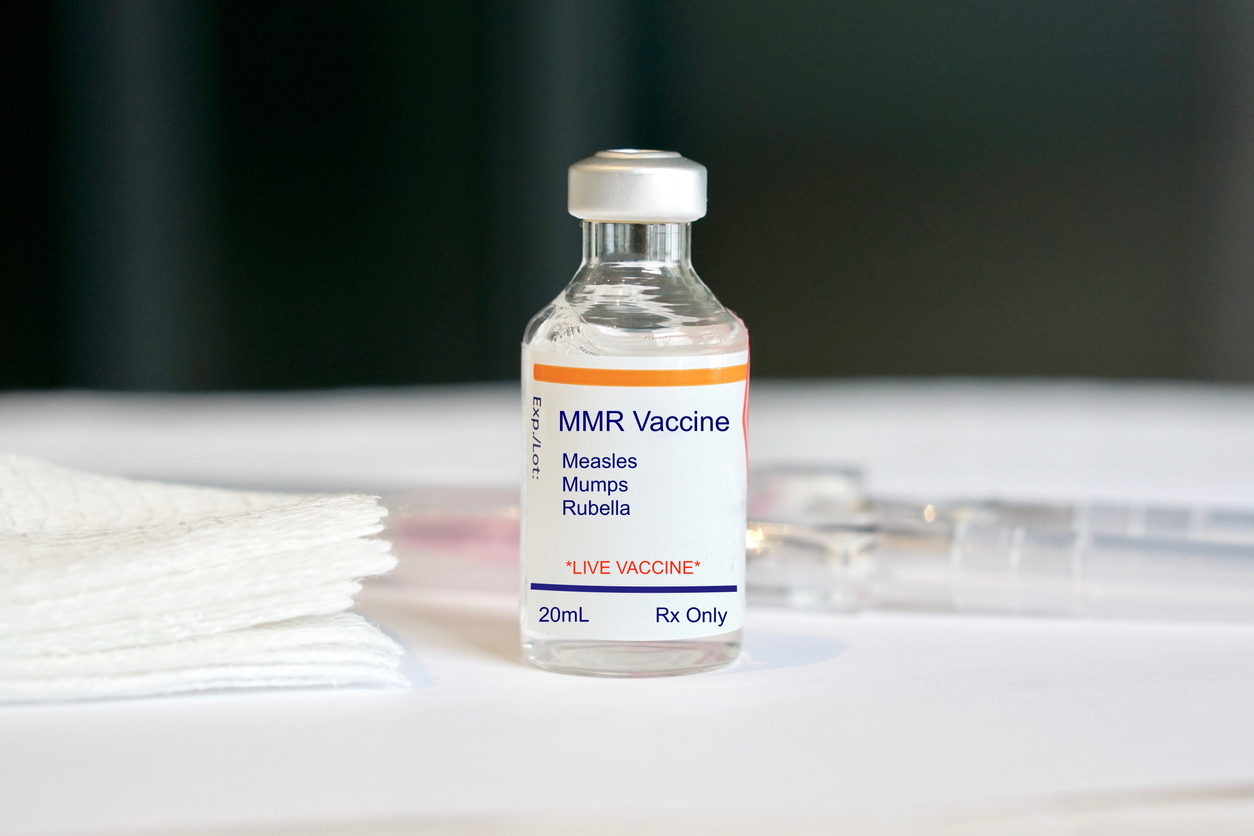The government is committing $23 million to give MMR jabs to about 300,000 young people, and rebuild the National Immunisation Register.
Associate Health Minister Julie Anne Genter says the new vaccines will target those aged 15-29, with a focus on improving access for Māori and Pasifika young adults. The MMR jabs are expected to arrive in April after a six-month manufacturing process.
The Science Media Centre gathered expert comment on the announcement.
Dr Helen Petousis-Harris, Vaccinologist, University of Auckland, comments:
“It is fantastic to see this investment and commitment.
“The proposal to rebuild the immunisation register (NIR) is encouraging. The NIR is not only essential for keeping people’s immunisation records but also for helping to identify people and communities that need additional services. Currently this electronic register is very old and becoming very decrepit. An upgrade to this ailing and vital tool is urgently needed. Hopefully this will happen soon.
“Many of the people who still need an MMR vaccination are at secondary school, the workplace, and tertiary institutes. Supporting programmes that can reach these places is important, such as using pharmacies. The other area for priority is strengthening the routine childhood immunisation programme which is delivered in general practices. In the last few years our excellent coverage rates have been falling, and Māori and Pacific children have been the most affected. This will need a multipronged attack to get things back on track.
“The problems that led to the measles epidemic have evolved over time and are the result of multiple failings that accumulated over nearly three decades. During this time New Zealand got the immunisation coverage of our infants from less than 60% to 94%. All governments from the early 90s can take credit for this wonderful achievement which took over 20 years of policy and practice. Similarly all governments must wear the responsibility for the immunity gaps sustained over this period.
“Addressing our immunity gaps, and maintaining high immunisation coverage of infants will ensure we never see a measles epidemic again. This is a very positive move.”
Helen has led industry funded studies and attended industry expert advisory board meetings. She does not personally receive honoraria.
Dr Nikki Turner, Director Immunisation Advisory Centre, University of Auckland, comments:
“The announcement of this campaign is very welcome. It is one important step in trying to control and maintain elimination of measles in New Zealand. This age group had historically lower coverage both for those born in NZ and internationally. We have learnt a hard lesson this time by not prioritising this need earlier. However, importantly, this campaign alone will not automatically solve our problem with measles.
“Firstly, how effective will it be? This is a notoriously difficult age group to access with preventative campaigns. Universally it is difficult to find effective ways of vaccinating older adolescents and young adults. The current high measles (and coronavirus) awareness may help the case, but to create demand for action, contact those with unknown records and then offer multiple avenues for ease of access all come with challenges.
“Secondly, New Zealand has other problems in our immunisation programme that also need added resourcing. Our infant/childhood programme is not yet fully reaching targets and continues to have equity gaps particularly for tamariki Māori. More needs to be done to support providers and their systems, improve access alongside keeping community health literacy and confidence in the system high. Otherwise our young infants in particular will remain at risk.
“Thirdly, the additional effect of those who decline vaccination. These are particularly clustered in some communities. Lack of trust in health services and fear of purported vaccine side effects are aggravated and amplified by misinformation and fearmongering in social media. A good body of social research literature recommends this group does not decrease with intolerance and being ‘yelled at’, but needs carefully tailored, usually very localised programmes to walk through their genuine fears and concerns. Mandation is not a panacea, or necessary in our current context. However, a well-supported immunisation programme also has effective checks for immunisation status at preschools and schools. We can do more here.
“Finally, the broader issue is international responsibility. Measles is an international virus, it loves travel. The world has become more complex – increased migration, travel, displaced peoples, collapse of healthcare services, insecurity and mistrust abound. To eliminate and ultimately eradicate this virus requires international will. The world is a grossly inequitable place. For example children are continuing to die in in the thousands in the Democratic Republic of Congo of measles caused by lack of access to basic primary healthcare services, while the world resources and attention go to the scarier Ebola virus.
“Coronavirus is public health emergency of international concern (appropriately), but measles is not. Numerically measles is what our children are dying of. Yet to equitably distribute fair primary health care to all which includes childhood vaccines is what the world desperately needs. This is where our attention, international support and resources need to go.”
No conflict of interest.
